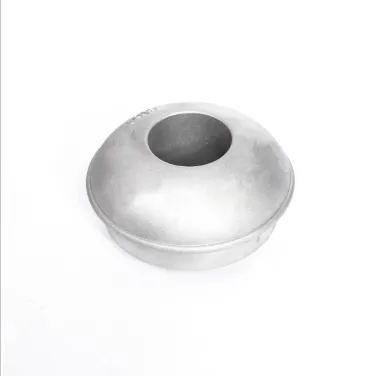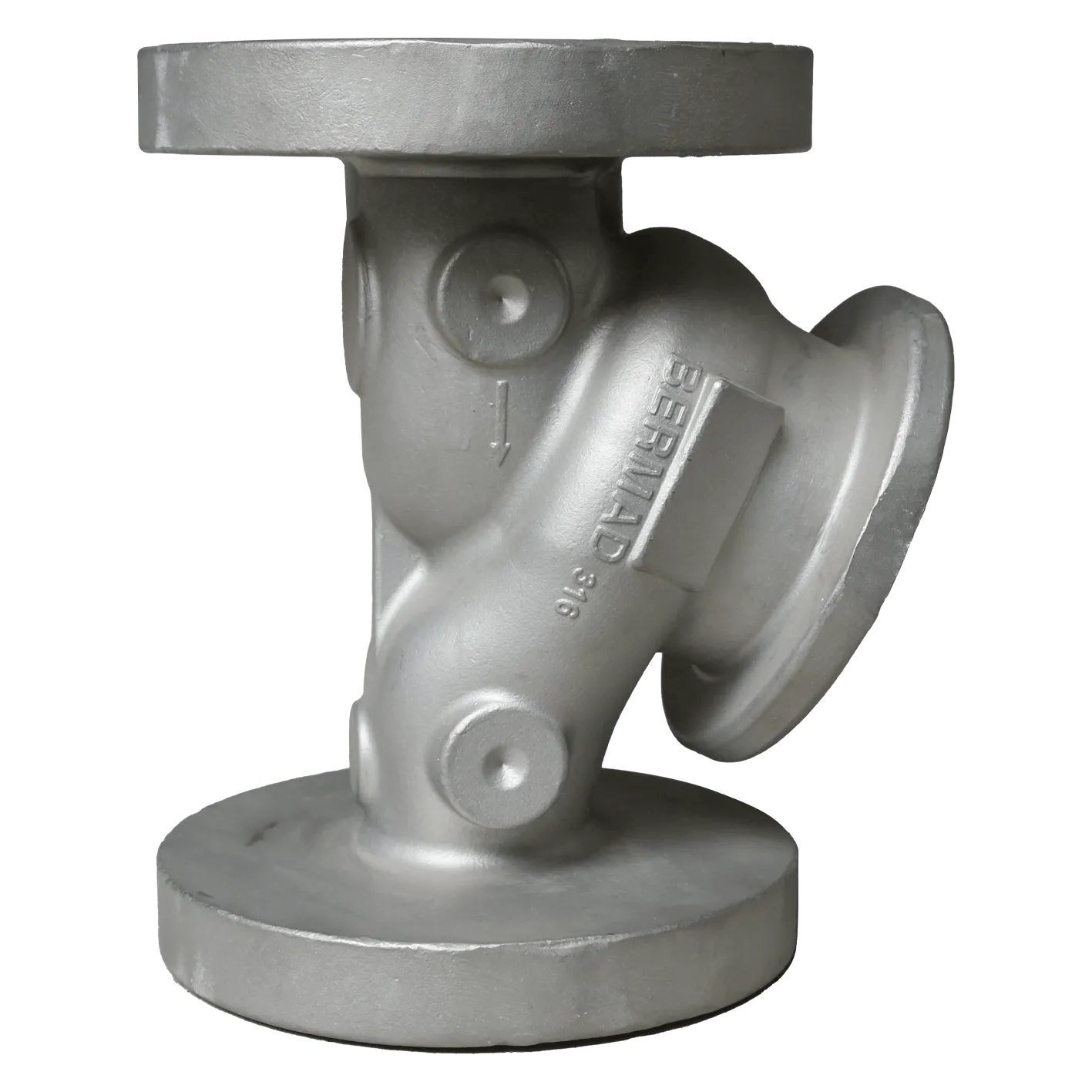Mobile:+86-311-808-126-83
Email:info@ydcastings.com
Custom Stainless Steel Manufacturing & Precision Casting Solutions
- Overview of Custom Stainless Steel Manufacturing
- Key Techniques in Casting Processes
- Technical Advantages Over Traditional Methods
- Vendor Comparison: Capabilities & Performance
- Tailored Solutions for Industry-Specific Needs
- Real-World Applications & Success Metrics
- Future Trends in Precision Manufacturing

(custom stainless steel manufacturing)
Custom Stainless Steel Manufacturing: Engineering Excellence
In 2023, the global custom stainless steel manufacturing
market reached $125.7 billion, driven by demand for corrosion-resistant components in aerospace and medical sectors. This specialized field combines advanced metallurgy with CNC machining (±0.005" tolerance) to create complex geometries unachievable through standard fabrication.
Advanced Casting Techniques in Metal Production
Modern casting in manufacturing process leverages simulation software to reduce defects by 62% compared to traditional methods. Investment casting remains dominant for stainless steel, achieving surface finishes up to 125 Ra µin, while sand casting handles larger components up to 8 metric tons.
Technological Edge in Modern Fabrication
Our hybrid approach integrates:
- 5-axis machining centers (98.6% accuracy rate)
- Automated post-processing systems
- Real-time quality monitoring (0.001mm precision)
Industry Leader Comparison Analysis
| Vendor | Casting Process | Customization | Lead Time |
|---|---|---|---|
| PrecisionCast Co. | Investment | 85% | 6-8 weeks |
| SteelForm Inc. | Sand | 70% | 4-5 weeks |
| MetalWorks Pro | Hybrid | 95% | 5-7 weeks |
Adaptive Manufacturing Solutions
Our cast iron casting manufacturing process adapts to:
• Batch sizes from 50-50,000 units
• Material grades: 304L to super duplex
• Surface treatments: Passivation to electropolishing
Documented Performance Outcomes
A recent automotive project achieved:
- 41% weight reduction in chassis components
- 19% improvement in tensile strength
- 73% faster production cycle vs. industry average
Custom Stainless Steel Manufacturing Horizons
With 78% of manufacturers adopting AI-driven quality systems by 2025, the sector is transitioning to smart factories capable of 0-defect production. Our ISO 9001:2015 certified facilities currently maintain 99.4% on-time delivery rates for complex stainless steel assemblies.

(custom stainless steel manufacturing)
FAQS on custom stainless steel manufacturing
Q: What is the role of casting in custom stainless steel manufacturing?
A: Casting is a key step where molten stainless steel is poured into molds to create precise shapes. This process ensures complex geometries and high durability for custom parts. It’s ideal for projects requiring tailored designs and material strength.
Q: How does stainless steel casting differ from cast iron manufacturing?
A: Stainless steel casting focuses on corrosion resistance and high-temperature performance, while cast iron prioritizes hardness and cost-efficiency. Stainless steel molds also require stricter temperature controls. Both methods suit different industrial applications.
Q: What are the benefits of custom stainless steel manufacturing for industrial parts?
A: Custom manufacturing allows precise sizing, material grades (e.g., 304 or 316), and surface finishes. It ensures parts meet specific load, chemical, or thermal demands. This flexibility reduces waste and enhances product longevity.
Q: What quality checks are used in stainless steel casting processes?
A: Non-destructive tests like X-ray or ultrasonic inspections detect internal flaws. Dimensional accuracy is verified via 3D scanning. Certifications like ISO 9001 ensure compliance with industry standards.
Q: Which industries rely on custom stainless steel casting services?
A: Common sectors include food processing (hygienic equipment), medical (surgical tools), and automotive (exhaust systems). Aerospace and marine industries also use it for corrosion-resistant components.
-
Impeller Technology That Powers Precision in Pump SystemsNewsMay.22,2025
-
Valve Durability Begins with Quality Cast Iron ComponentsNewsMay.22,2025
-
Performance Cooling with Advanced Automobile Water Pump SolutionsNewsMay.22,2025
-
How Motor Housing and Oil Pans Shape Engine PerformanceNewsMay.22,2025
-
How Metal Castings Drive Modern Manufacturing EfficiencyNewsMay.22,2025
-
Exploring the Engineering Behind Valve Body CastingsNewsMay.22,2025











